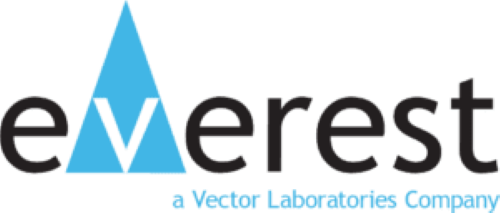Formulation Supplied at 0.5 mg/ml in Tris saline, 0.02% sodium azide, pH7.3 with 0.5% bovine serum albumin.
| |
Unit Size 100 µg | |
Storage Instructions Aliquot and store at -20°C. Minimize freezing and thawing. | |
Synonym / Alias Names excision repair protein|excision repair cross-complementing 1|UV20|COFS4|excision repair cross-complementing rodent repair deficiency, complementation group 1 (includes overlapping antisense sequence)|ERCC1 | |
Usage Summary Additional validation: This antibody has been successfully used in the following paper: Sikorski et al. (2018) PMID: 30377371. | |
Accession ID NP_973730.1; NP_001974.1 | |
Blocking Peptide EBP08190 | |
Immunogen Peptide with sequence DPGKDKEGVPQPS-C, from the N Terminus of the protein sequence according to NP_973730.1; NP_001974.1. | |
Product Comments This antibody is expected to recognise both reported isoforms (NP_973730.1 and NP_001974.1). | |
Peptide Sequence DPGKDKEGVPQPS-C | |
Purification Method Purified from goat serum by ammonium sulphate precipitation followed by antigen affinity chromatography using the immunizing peptide. | |
Shipping Instructions Refrigerated | |
Predicted Species Human | |
Reactive Species Human | |
Human Gene ID 2067 | |
Product Grade  | |
ELISA Detection Limit Antibody detection limit dilution 1:64000. | |
Western Blot Approx 38kDa band observed in lysates of cell lines A431 and Kelly (calculated MW of 35.6kDa according to NP_973730.1). This molecular weight is routinely observed by other sources. Recommended concentration: 0.3-1µg/ml. | |
Application Type Pep-ELISA, WB |
Goat Anti-ERCC1 Antibody
$431.00
| SKU | Unit Size | Price |
|---|---|---|
Select a unit size:
Selected References [{"pmid": 30377371, "intro": "This antibody has been successfully used in the following paper:", "title": "A high-throughput pipeline for validation of antibodies", "author": "Krzysztof Sikorski, Adi Mehta, Marit Inngjerdingen, Flourina Thakor, Simon Kling, Tomas Kalina, Tuula A. Nyman, Maria Ekman Stensland, Wei Zhou, Gustavo A. De Souza, Lars Holden, Jan Stuchly, Markus Templin and Fridtjof Lund-Johansen", "journal": "Nat Methods. 2018 Nov;15(11):909-912"}] |
Documents |

